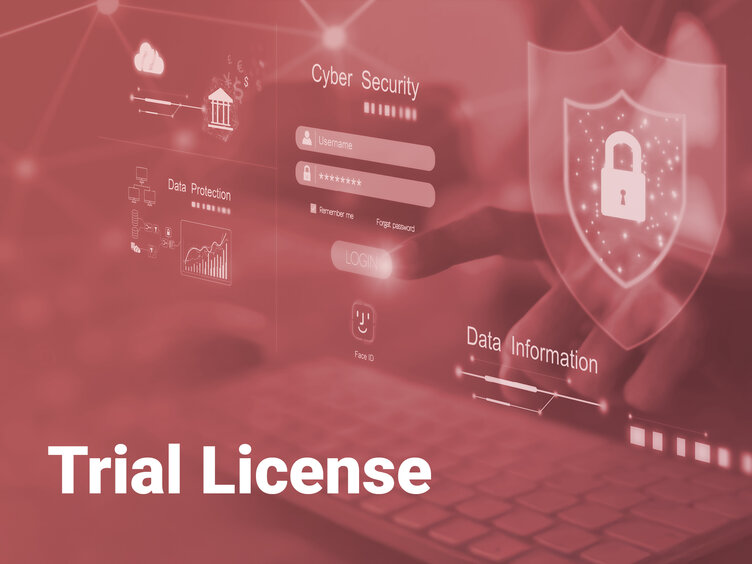Trial License: Risk-free software tests
A trial license is a temporary usage license for software that allows end users to test a product free of charge or at reduced conditions. It serves as an instrument for software manufacturers to bind potential customers to their solution through limited functionality or duration, without an immediate obligation to purchase.
Importance in the context of software protection
Why it is important:
- Piracy prevention: trial licenses minimize illegal use through automated time restrictions and encrypted license files.
- Controlled demos: Developers control the scope of testing (e.g. feature access, runtime) while protecting their intellectual property.
- Flexible license management: Enables transitions to full licenses or subscriptions.
Important elements
|
Component |
Description |
|
Time limitation |
Automatic deactivation after a defined period (e.g. 21-180 days) |
|
Functional restrictions |
Critical features or export functions remain blocked |
|
Activation method |
Key via email, hardware token or cloud-based registration |
|
Automated license check |
Features such as encryption/signature, rollback detection and anti-debugging prevent manipulation of system time or license files |
Influencing factors
- Technical integration: Tools such as AutoCrypt (automatic encryption) or API-based solutions determine security.
- Legal framework conditions: Terms of use must protect copyrights and cover liability risks (e.g. §1 test license agreement ISA).
- User experience: Excessively strict restrictions reduce the conversion rate.
Advantages
Example: Siemens SIMATIC Trial License
Current use case (2025):
Siemens offers a 21-day trial license for its TIA Portal V17 software. Users can install the automation solution without needing hardware dongles or license keys. After expiry, the license is automatically deactivated, followed by an upsell offer for a full license.
Future outlook (2025)
- AI-supported license management: predictive analytics for individually adapted test periods.
- Blockchain-based tokens: Forgery-proof license distribution via smart contracts.
Conclusion
Trial licenses are central to modern licensing strategies because they:
1. Curb piracy through encrypted, tamper-proof systems.
2. Increase customer loyalty through transparent test phases.
3. Enable agile pricing (e.g. hybrid models consisting of test licenses and subscriptions).
Author:
Steffen Kätsch
Senior Support Engineer / Consultant License Management
Education: FH Jena
Expertise: License Management Software Licensing Software Protection IT Compliance Digital Rights Management
